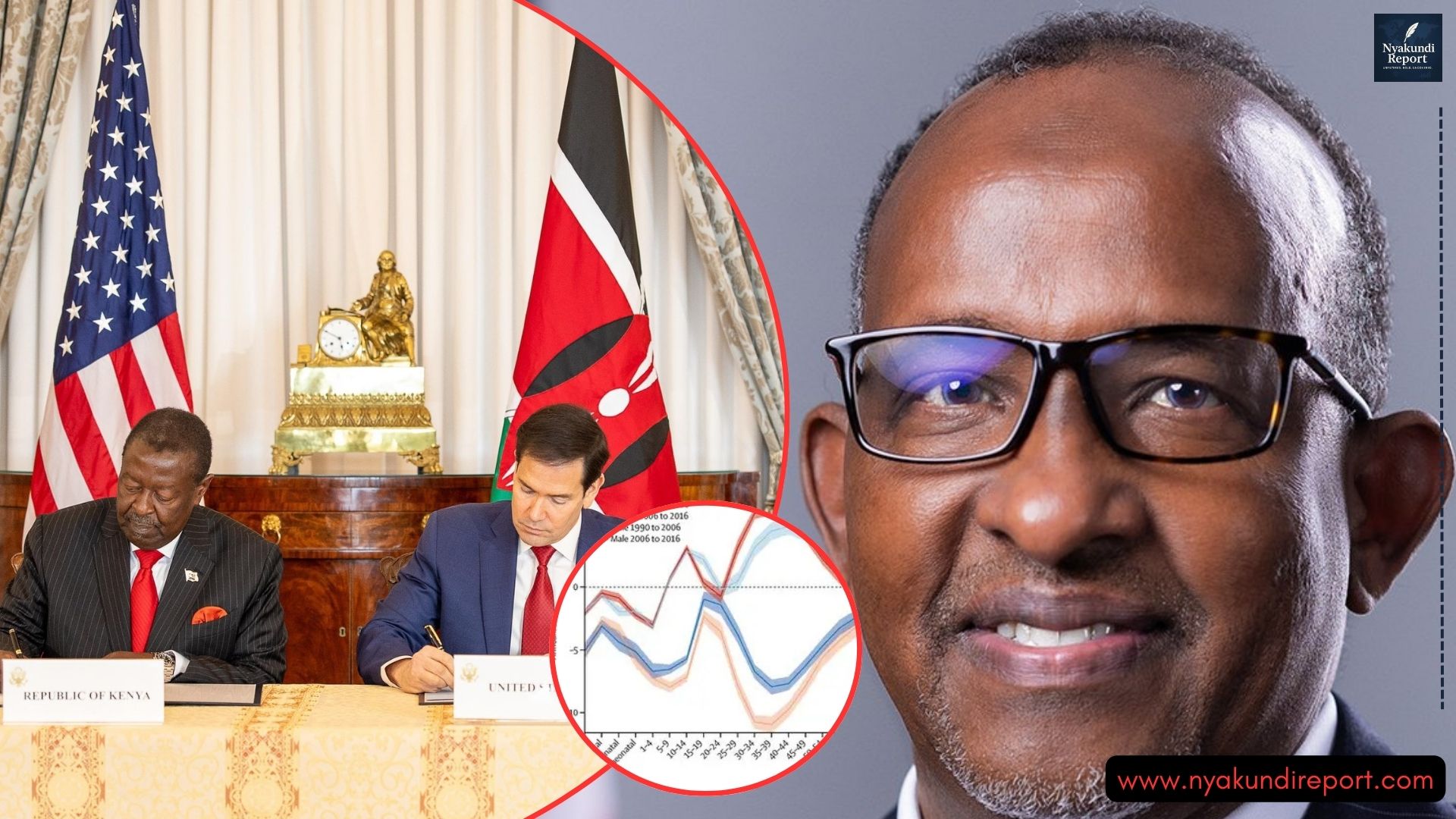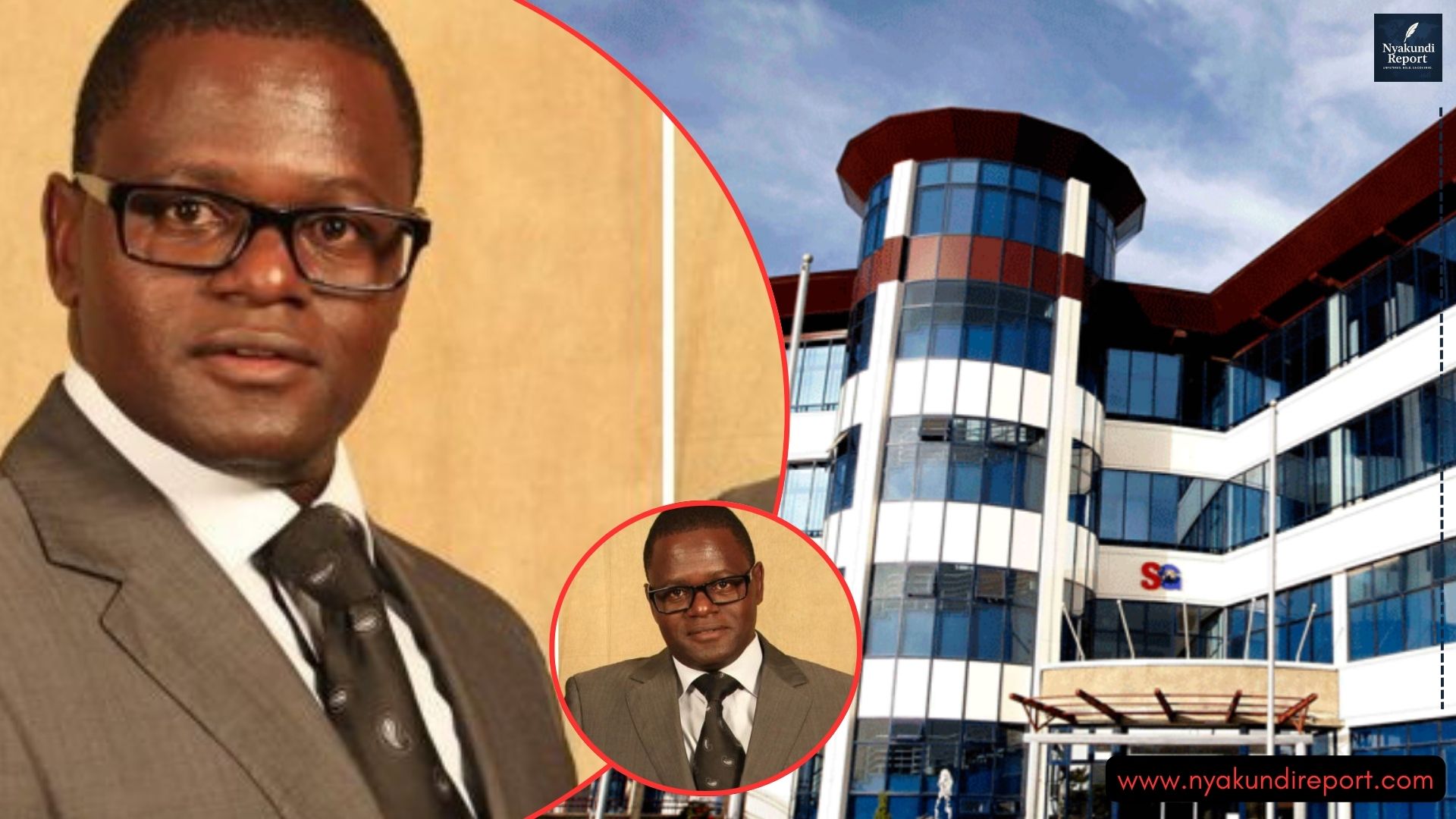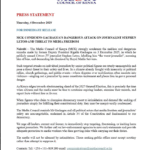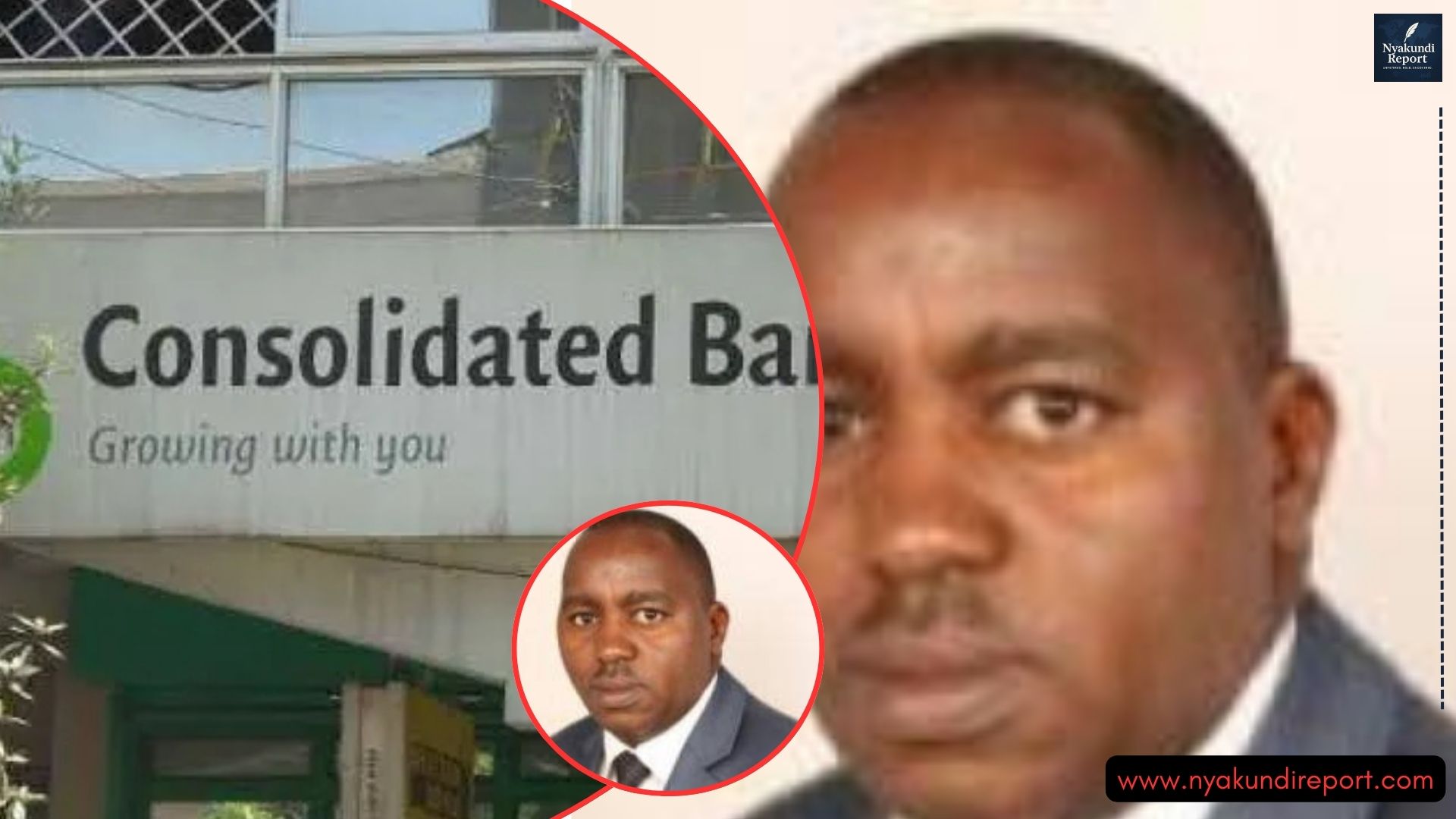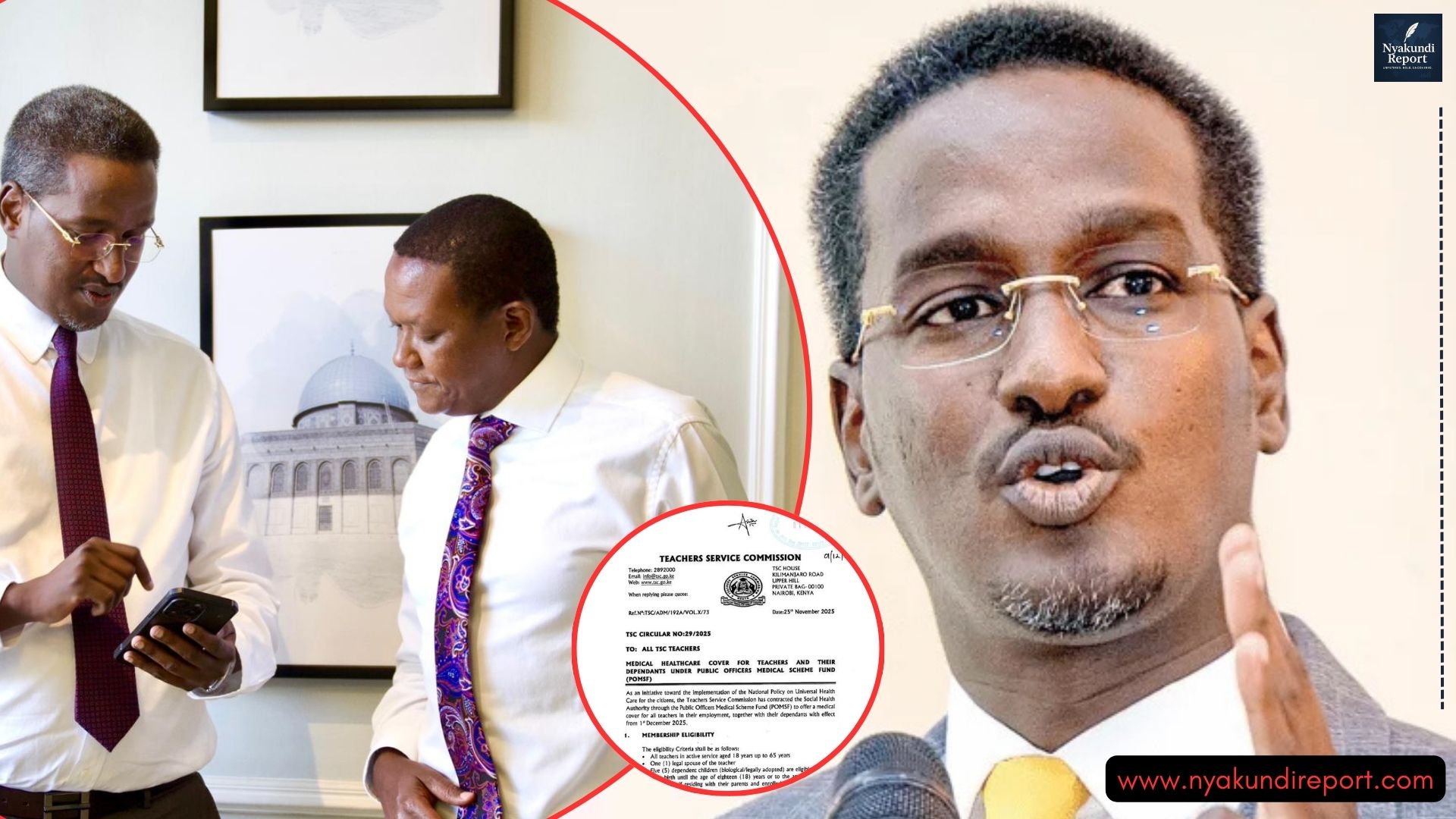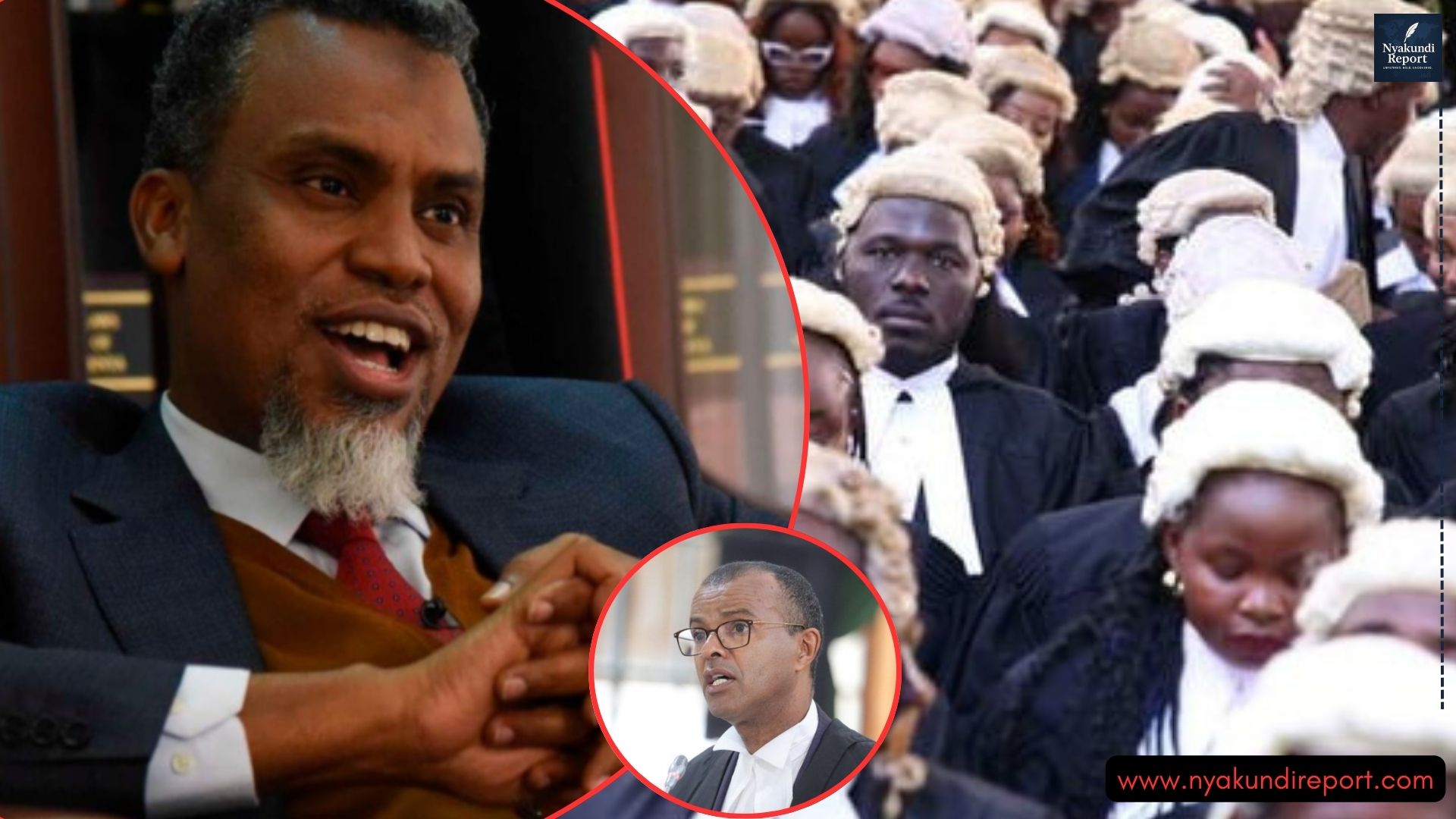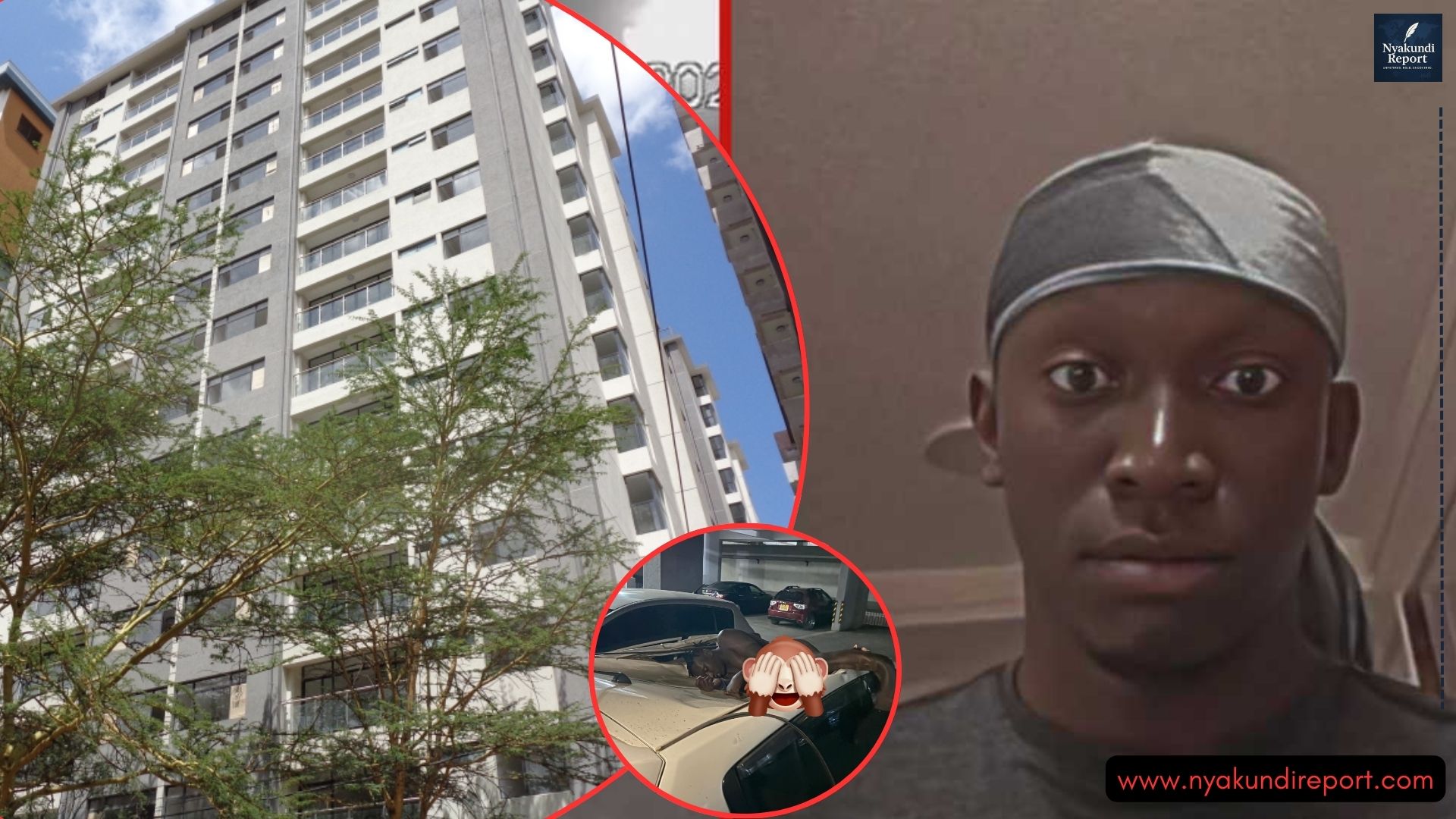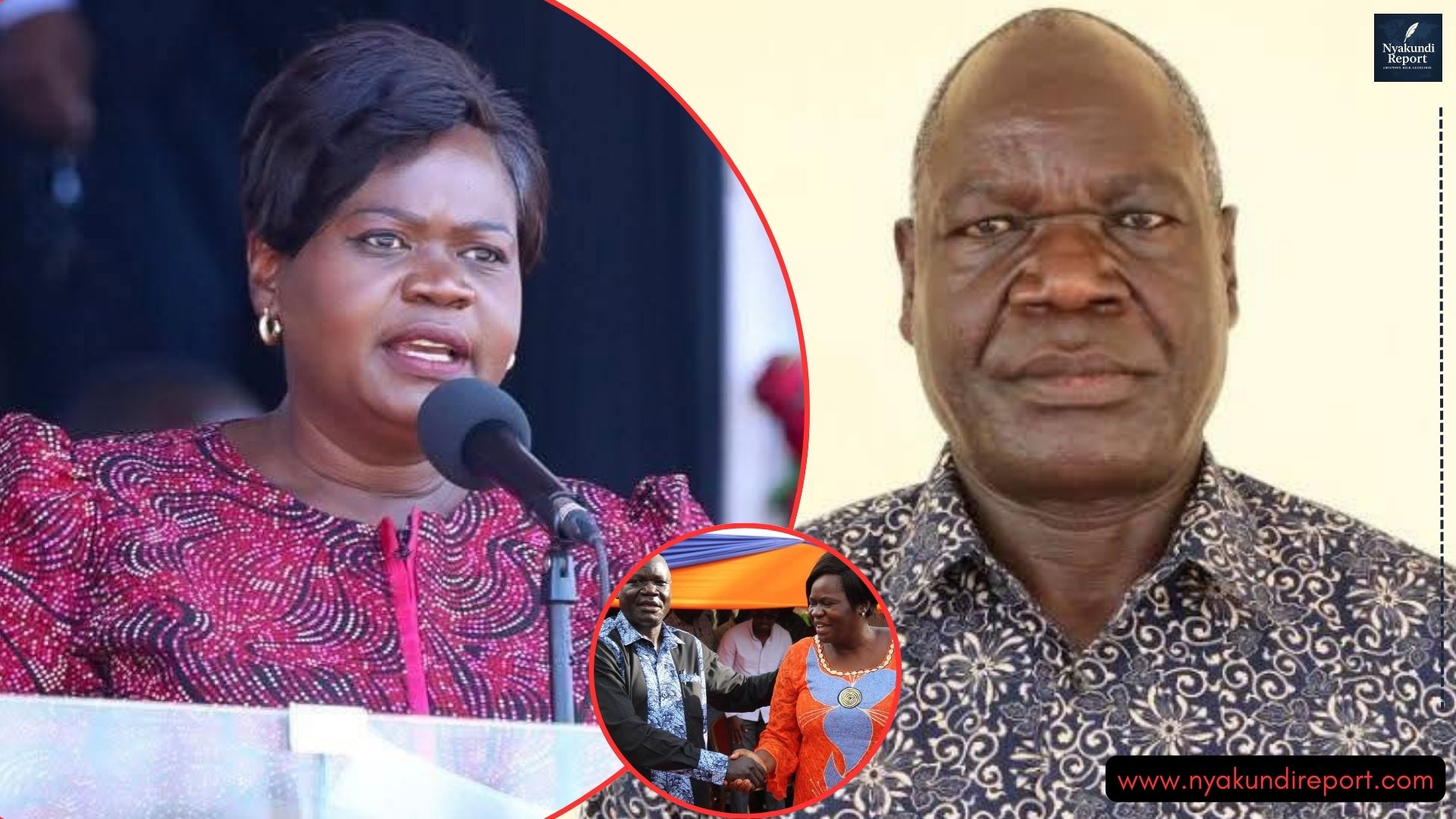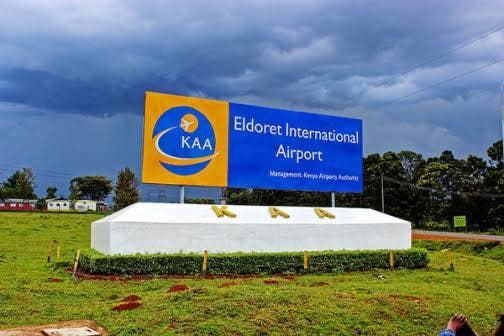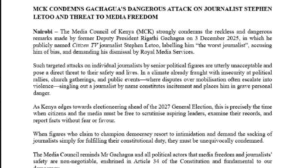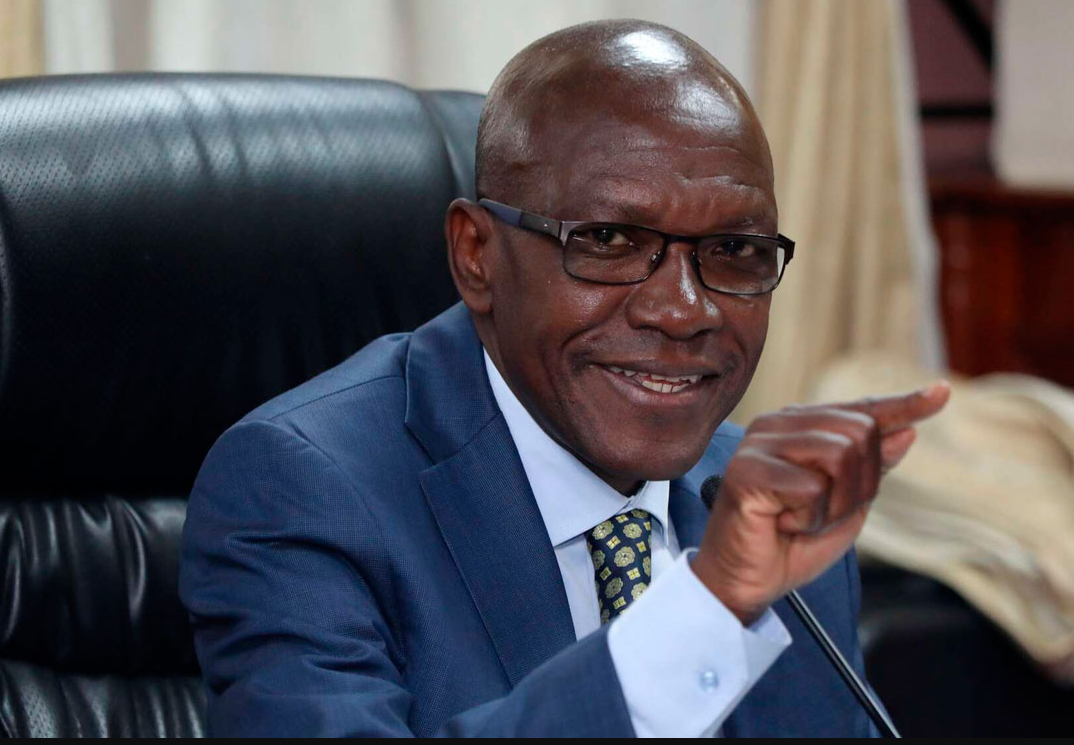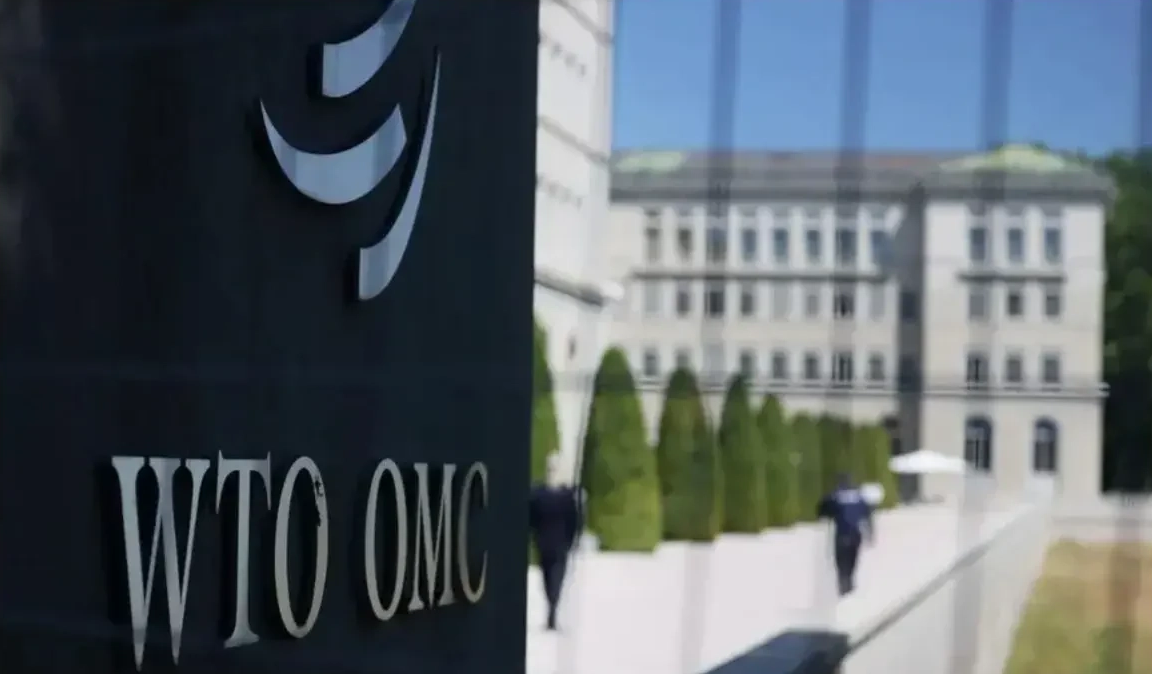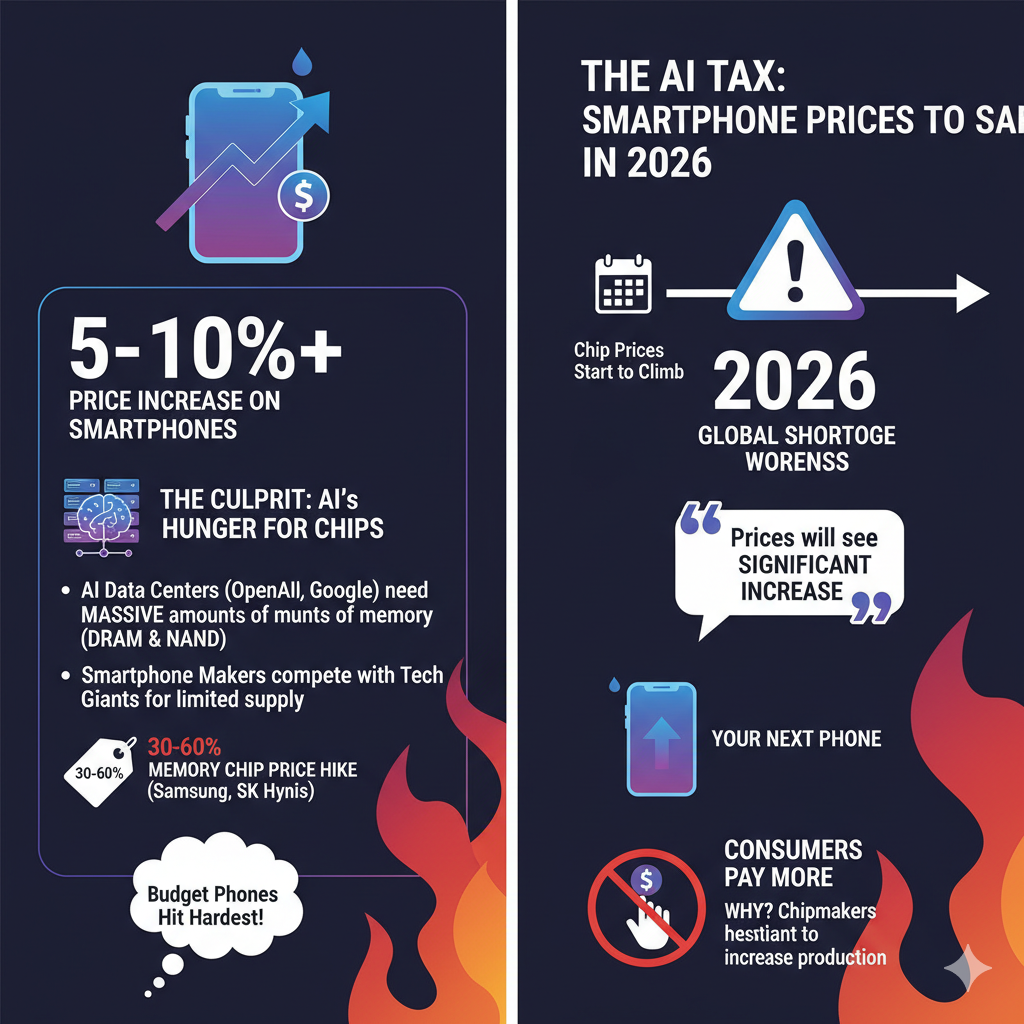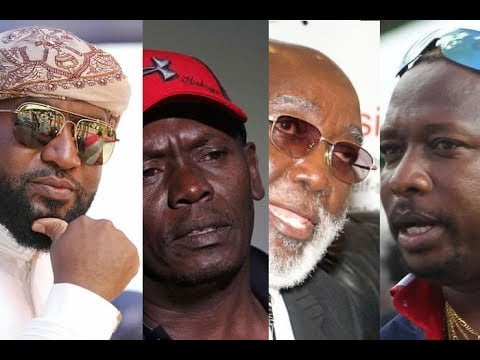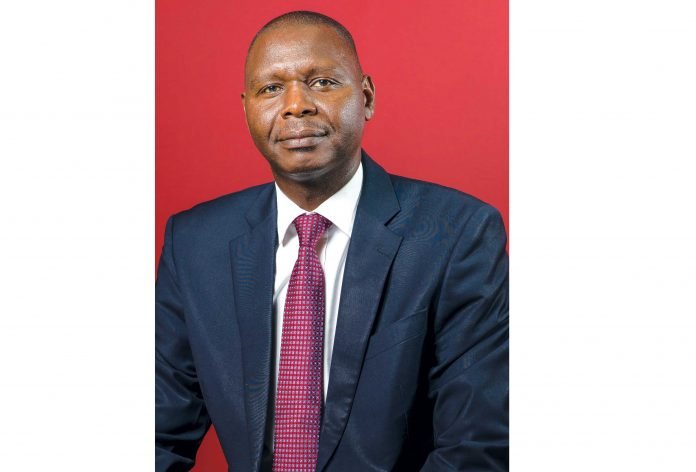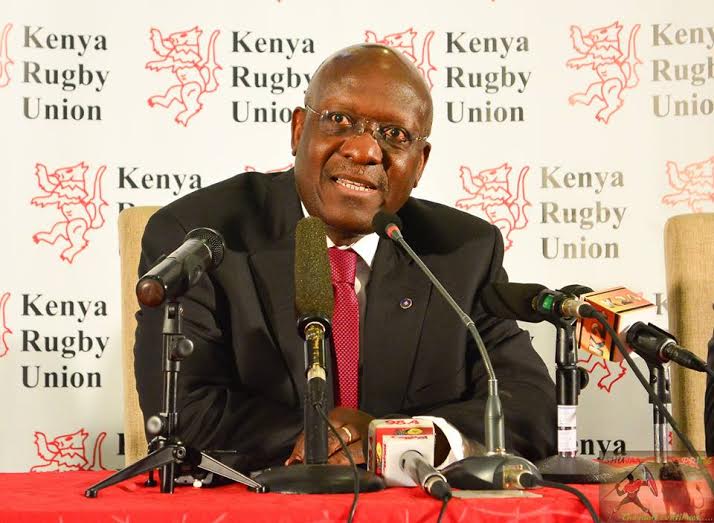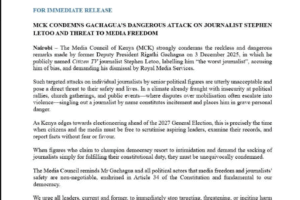In what appears to be a growing trend, parents of pupils in public primary schools across Nairobi are speaking out about what they describe as the creeping commercialization of basic education.
Despite the promise of free learning in government institutions, parents say they are being confronted with a maze of hidden costs, unofficial levies, and coercive practices which are all outside the Ministry of Education’s official policy framework.

From mandatory payments that bypass school accounts to unexplained maintenance fees and penalties for non-payment, sources paint a picture of institutions that increasingly resemble private businesses.
It demonstrates what many now believe is a city-wide crisis in public education, fuelled by weak oversight, a culture of silence, and economic desperation on all sides.
“Hello Nyakundi. I am a parent at Lang’ata West Primary School. My son just joined the school early this year from a different school. There are a few things I’ve observed which I feel aren’t right. For a new pupil to join the school, you need to pay fifteen thousand shillings, not to the school account, but to the principal’s or secretary’s phone number, and this payment is not receipted. We are also required to pay one thousand five hundred shillings every term for school maintenance. In Class 4 South, which has a total of seventy-seven pupils, they were told to contribute fifty shillings each for a class padlock. Parents are being forced to pay five hundred shillings for remedial classes and if you fail to pay, your child is put outside during morning hours while others are in class reading. Jamhuri Primary is worse. Nowadays, government schools are too focused on money. Children have to go to school on Saturdays with one hundred shillings and if they miss, they are punished,” one distraught parent wrote to us on Monday.

